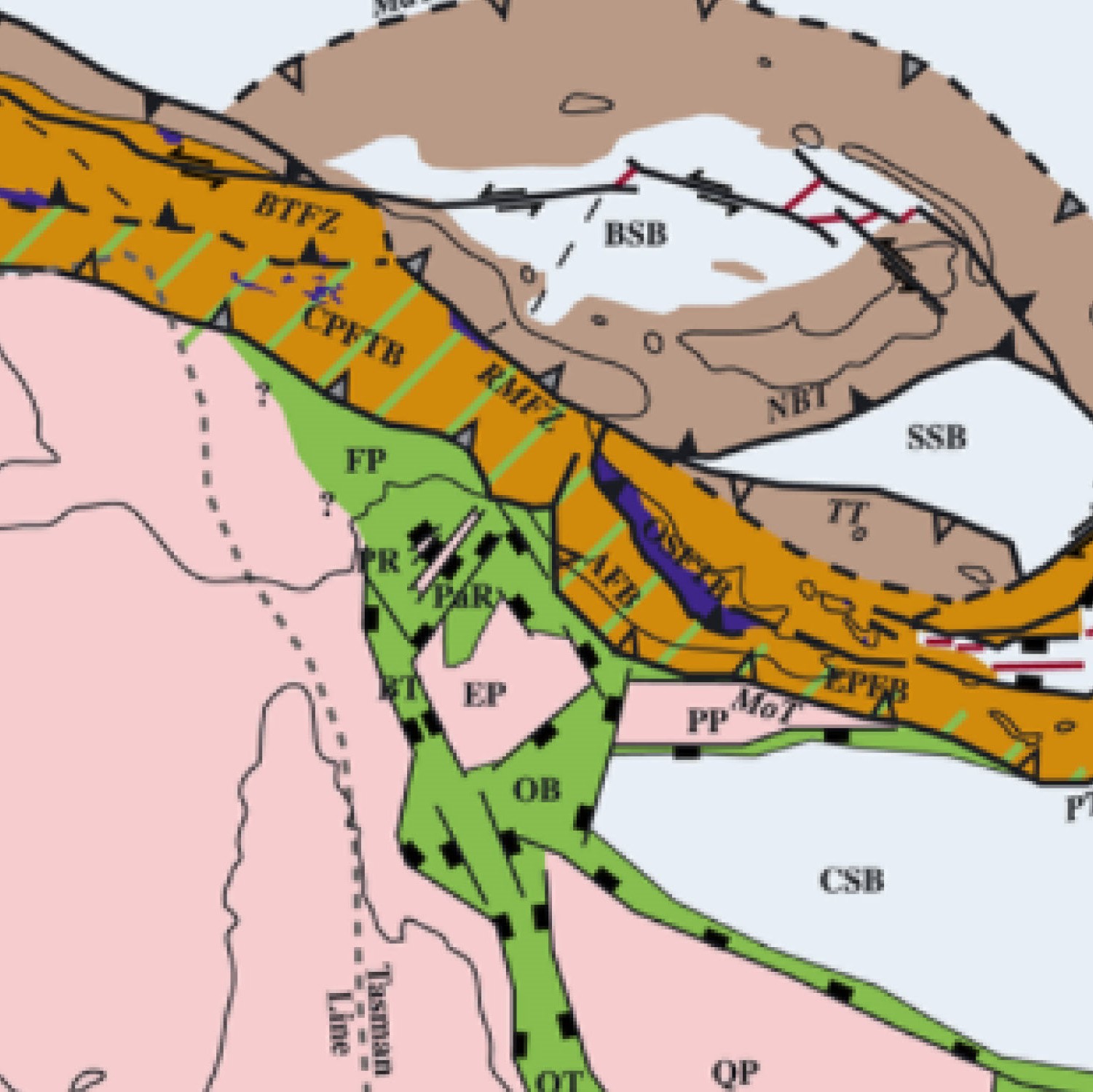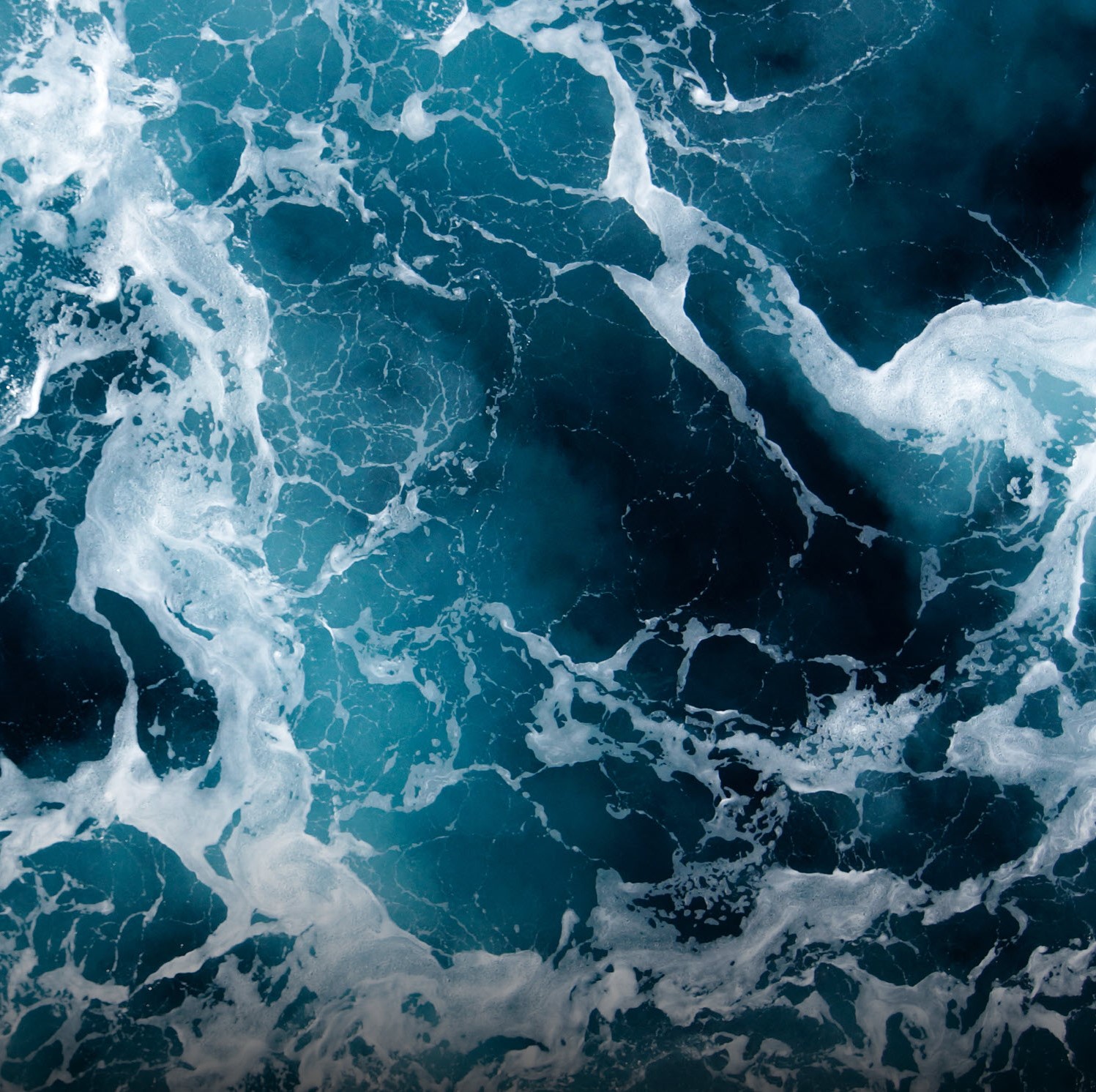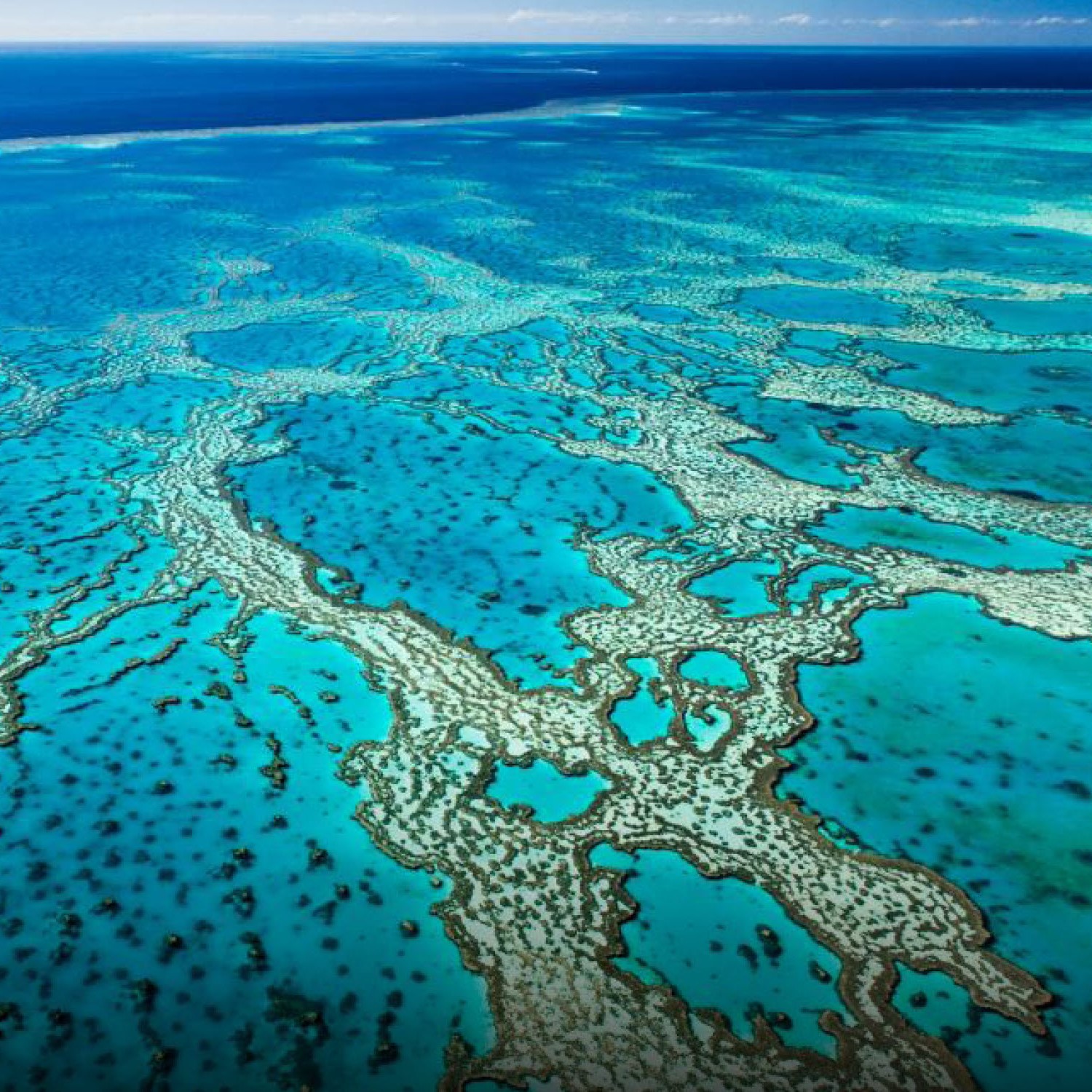
Rebecca Barnes exemplifies excellence and leadership in research, teaching, mentoring, and service. Becca’s research is transforming our understanding of biogeochemical processes at the interface between aquatic and terrestrial ecosystems, with a focus on responses to anthropogenic and climatic disturbance. Becca established an outstanding record of mentoring and teaching through unwavering support of students and leadership in national initiatives to promote the careers of women and historically minoritized groups in the geosciences. Becca masterfully achieved integration of research into her teaching. In her first 4.5 years at Colorado College, she mentored 13 senior theses and coauthored with 14 students while maintaining a productive and well-funded research program of her own. Becca engages her students in creative ways to learn and communicate scientific information. Last year, she launched a class project to write Wikipedia profiles of women scientists, a project featured on the wiki.edu blog, inspiring others across the country. As an instructor in the Spatio-Temporal Isotope Analytics Lab (SPATIAL) isotope biogeochemistry course, Becca has inspired multiple cohorts of students and faculty. As one of her letter writers states, “Becca is a powerhouse, both in terms of her research work and her advocacy and leadership within the academic community.”
Through her leadership in the Earth Science Women’s Network, Becca has made immeasurable contributions to building an international peer-mentoring community for women in the geosciences. She single-handedly manages multiple websites and online community resources. Becca has developed early-career professional development workshops, now a regular feature of AGU’s Fall Meeting. She co-organized a workshop with leaders from 500 Women Scientists, producing a guide with best strategies for developing inclusive scientific meetings, profiled in Nature. Currently she serves as co–principal investigator on two major multi-institutional National Science Foundation awards, where she engages in interdisciplinary research on strategies for building diverse, equitable, and inclusive climates from undergraduate to faculty levels.
—Erika Marín-Spiotta, University of Wisconsin–Madison

We examined data from the American Geophysical Union (AGU), the world's largest earth and space science society, to characterize demographics of mu...






